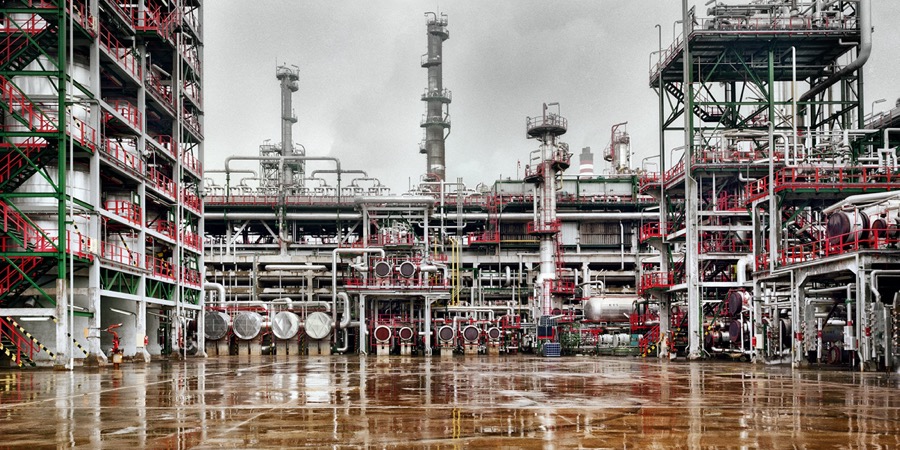Repsol is to direct its strategy towards achieving net zero emissions by 2050. The company is the first in its industry to set this ambitious goal, which aims to limit planetary warming to less than 2 degrees centigrade compared with pre-industrial levels.
To achieve this objective, Repsol is setting new goals for the reduction of its carbon intensity indicator from a 2016 baseline: 10% by 2025, 20% by 2030, 40% by 2040, and net zero CO2 emissions by 2050. It is possible to achieve at least 70% of this target with the technology that can currently be foreseen, and the company is committed to applying the best available technologies to increase this figure, including carbon capture, use and storage. Repsol would, if necessary, additionally offset emissions through reforestation and other natural climate sinks to achieve zero net emissions by 2050.
These figures will form the basis for its 2021-2025 Strategic Plan, which will be presented to the market and investors in the first half of 2020.
The new strategic focus in the context of new dynamics in the oil and gas markets and in policies that target decarbonisation of the economy, Repsol has revised the valuation hypotheses for investments assuming a scenario compatible with the climate goals of the Paris Agreement and the United Nations.
Business strategy
The company is increasing by 3,000 MW its target for low-carbon electricity generation capacity, to 7,500 MW by 2025, and will begin to expand into other markets to become a leading international player in renewable energies.
Repsol currently has 2,952 MW in operation and 1,083 MW under development, and the Board of Directors has approved new investments to incorporate and build two photovoltaic and one wind power projects totalling an additional 1,600 MW. With these projects, the renewable power portfolio reaches a total capacity of 5,600 MW.
The Upstream unit will prioritise the generation of value and cash over volume. The industrial businesses will maintain its current leading profitability and add more stringent decarbonisation goals as well as an increase in the production of biofuels and chemical products with a low carbon footprint. The new businesses will expand their low-carbon electricity generation targets through 2025.
In its industrial business, with a primary focus on refining, Repsol is raising its decarbonisation target, with an additional direct emissions reduction of 25% by 2025. This reduction is on top of the 23% cut in CO2 emissions achieved between 2010 and 2017.
Repsol will focus on the circular economy as a tool for the efficient use of resources and will double the production of high-quality biofuels derived from vegetable oils (HVO) to 600,000 tons per year in 2030, half of which will be derived from waste transformation before 2025.
Repsol will also integrate renewable energy into refining operations, which will incorporate production of green hydrogen as well as the use of renewable energy to fuel industrial processes.
The company’s chemicals business will also contribute decisively to a more decarbonised economy. In its industrial process, Repsol is committed to a business that is efficient and oriented towards the circular economy, with the ambition of achieving a 20% recycled content in its total polyolefin output by 2030.
For more information visit www.repsol.com














